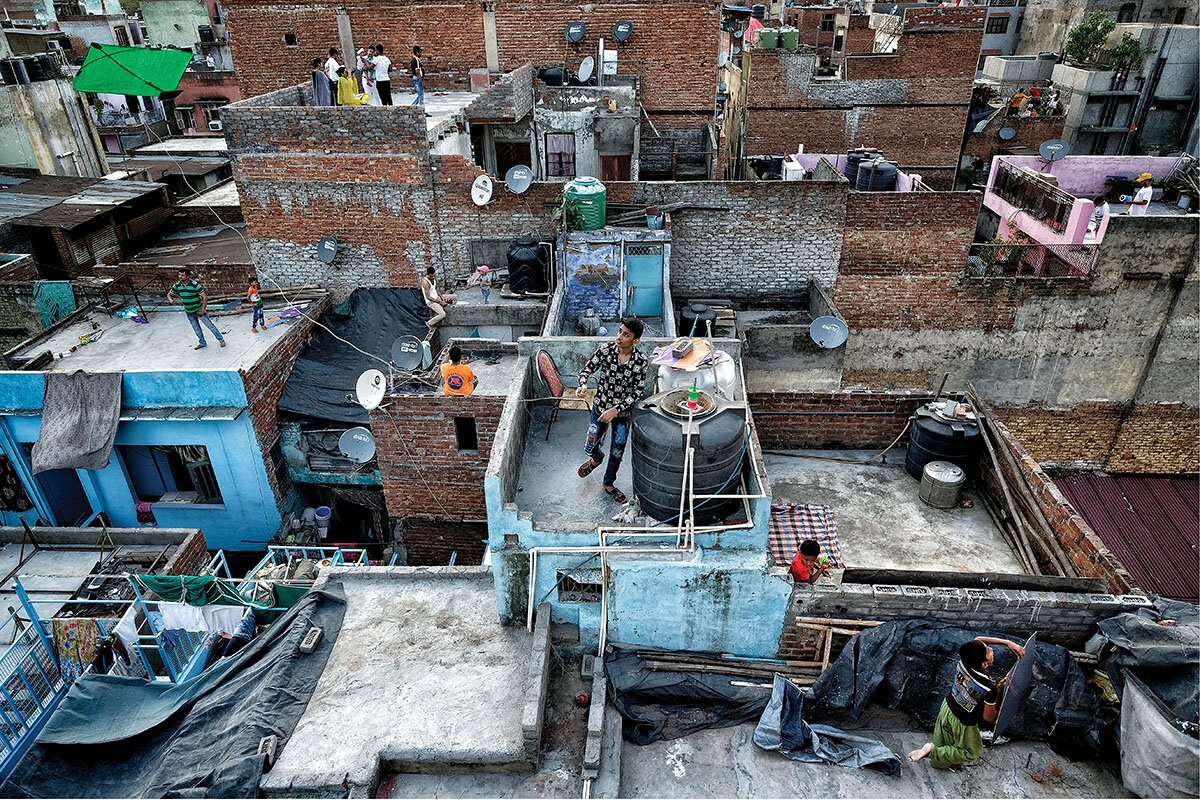Inflation is top of Americans’ minds heading into the midterm elections, and economic pain in the household wallet may translate into trouble for Democrats at the ballot.
Monitor Daily Podcast
- Follow us:
- Apple Podcasts
- Spotify
- RSS Feed
- Download
 Amelia Newcomb
Amelia Newcomb
Winter has a way of dramatically amplifying the harshness of war – and the courage with which people navigate its challenges.
That’s what has struck Monitor correspondent Dominique Soguel, local journalist Oleksandr Naselenko, and driver Dmytro Yatsenko as they’ve reported in Ukraine this week, including in areas formerly occupied by Russian forces.
Recent Russian attacks on energy infrastructure, for example, have knocked out electricity and heating for more than 1 million households. Emergency crews have leaped into action to restore services as quickly as possible. In the Donetsk region in eastern Ukraine, people are busily chopping wood, while rushing to cover windows and repair roofs shredded by Russian rockets and shells. In the recently liberated town of Lyman, demining squads are working to restore safety. In Kyiv, residents have been scooping up gas camping stoves in anticipation of extended power outages. Meanwhile, amid daily pressures, relatives of prisoners of war work to stay strong, as do children who have lost parents in attacks.
So many people, Dominique says, are extending a helping, healing hand in any and all directions.
“Ukrainians are preparing with calm courage,” she told me by text message. “The resourcefulness of Ukrainians is truly striking.”
Dmytro, for his part, is astonished by the change between 2014, when the war in the east started, and now, in terms of how fast information travels – a testament to dramatic improvements in technology. Also, he says, “The number of people who support Russia has dropped – and the few who do don’t say so openly.”
Oleksandr, meanwhile, takes note of the vast destruction, including the sobering image of bomb craters in children’s playgrounds. Yet, he says, “Despite living under occupation, people have kept their human face. … They keep going. The power and strength of this people is very impressive.”










